Filter by
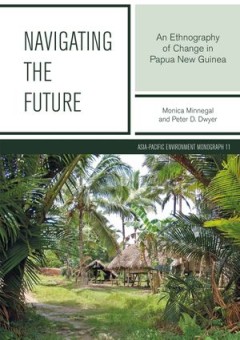
Navigating the Future: An Ethnography of Change in Papua New Guinea
Navigating the Future draws on long-term ethnographic fieldwork with Kubo people and their neighbours, in a remote area of Papua New Guinea, to explore how worlds are reconfigured as people become increasingly conscious of, and seek to draw into their own lives, wealth and power that had previously lain beyond their horizons. In the context of a major resource extraction project—the Papua New…
- Edition
- -
- ISBN/ISSN
- 9781760461232
- Collation
- -
- Series Title
- -
- Call Number
- 306 MIN n
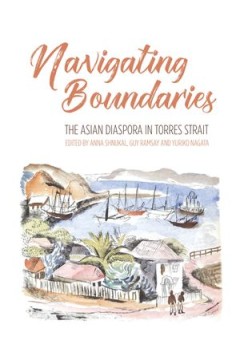
Navigating Boundaries: The Asian diaspora in Torres Strait
Navigating Boundaries belongs to a new generation of Asian–Australian historical studies. The essays presented here draw on an extensive, widely dispersed body of information, including much unpublished material, in order to narrate stories of the Asian diaspora communities of Torres Strait, north Queensland. Early chapters give an overview of Torres Strait Islander/Asian/European interaction…
- Edition
- -
- ISBN/ISSN
- 9781921934384
- Collation
- -
- Series Title
- -
- Call Number
- 306 NAV n
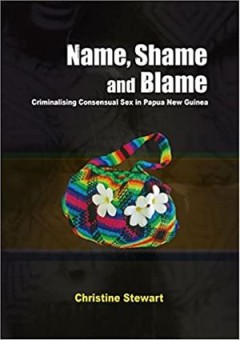
Name, Shame and Blame: Criminalising Consensual Sex in Papua New Guinea
Papua New Guinea is one of the many former British Commonwealth colonies which maintain the criminalisation of the sexual activities of two groups, despite the fact that the sex takes place between consenting adults in private: sellers of sex and males who have sex with males. The English common law system was imposed on the colonies with little regard for the social regulation and belief syste…
- Edition
- -
- ISBN/ISSN
- 9781925021226
- Collation
- -
- Series Title
- -
- Call Number
- 301 STE n
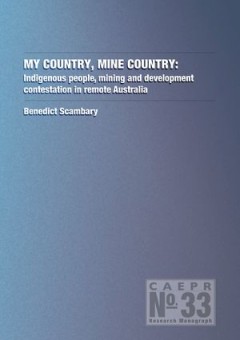
My Country, Mine Country: Indigenous people, mining and development contestat…
Agreements between the mining industry and Indigenous people are not creating sustainable economic futures for Indigenous people, and this demands consideration of alternate forms of economic engagement in order to realise such ‘futures’. Within the context of three mining agreements in north Australia this study considers Indigenous livelihood aspirations and their intersection with sustai…
- Edition
- -
- ISBN/ISSN
- 9781922144720
- Collation
- -
- Series Title
- -
- Call Number
- 340.115 SCA m
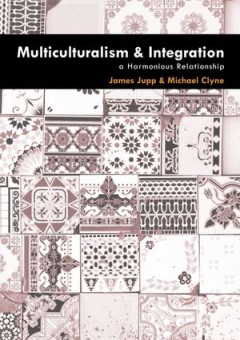
Multiculturalism and Integration: A Harmonious Relationship
Multiculturalism has been the official policy of all Australian governments (Commonwealth and State) since the 1970s. It has recently been criticised, both in Australia and elsewhere. Integration has been suggested as a better term and policy. Critics suggest it is a reversion to assimilation. However integration has not been rigorously defined and may simply be another form of multiculturalism…
- Edition
- -
- ISBN/ISSN
- 9781921862151
- Collation
- -
- Series Title
- -
- Call Number
- 300 CLY m
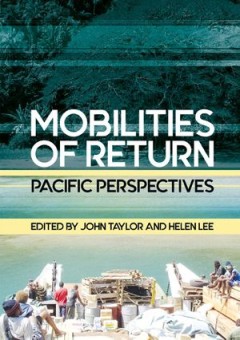
Mobilites of Return: Pacific Perspectives
In recent decades, the term ‘mobility’ has emerged as a defining paradigm within the humanities. For scholars engaged in the multidisciplinary topics and perspectives now often embraced by the term Pacific Studies, it has been a much more longstanding and persistent concern. Even so, specific questions regarding ‘mobilities of return’—that is, the movement of people ‘back’ to plac…
- Edition
- -
- ISBN/ISSN
- 9781760461676
- Collation
- -
- Series Title
- -
- Call Number
- 351.81 MOB m
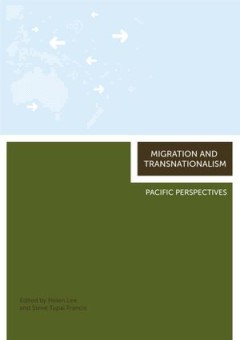
Migration and Transnationalism: Pacific Perspectives
Pacific Islanders have engaged in transnational practices since their first settlement of the many islands in the region. As they moved beyond the Pacific and settled in nations such as New Zealand, the U.S. and Australia these practices intensified and over time have profoundly shaped both home and diasporic communities. This edited volume begins with a detailed account of this history and the…
- Edition
- -
- ISBN/ISSN
- 9781921536915
- Collation
- -
- Series Title
- -
- Call Number
- 351.81 LEE p
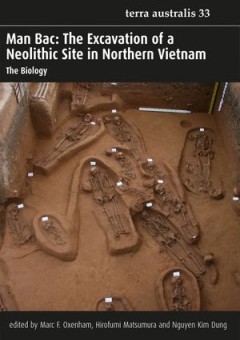
Man Bac: The Excavation of a Neolithic Site in Northern Vietnam
The site of Man Bac in the Red River Delta of Vietnam, one of the most meticulously excavated and carefully analysed of Southeast Asian archaeological sites in the past few years, is emerging as a key site in the region. This book carefully analyses the human and animal remains and puts them into context. The authors describe in detail the health status, the unusual demographic profile and the …
- Edition
- -
- ISBN/ISSN
- 9781921862236
- Collation
- -
- Series Title
- -
- Call Number
- 301 MAN m
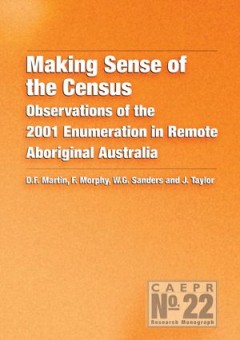
Making Sense of the Census: Observations of the 2001 Enumeration in Remote Ab…
Enumeration; Census; Methodology; Population; Statistics; Aboriginal australians; Australia
- Edition
- -
- ISBN/ISSN
- 9781920942021
- Collation
- -
- Series Title
- -
- Call Number
- 306 MAK m
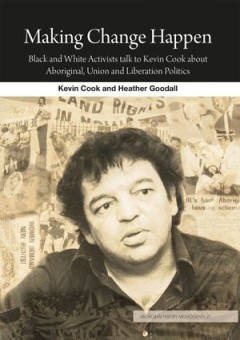
Making Change Happen: Black and White Activists talk to Kevin Cook about Abor…
This book is a unique window into a dynamic time in the politics and history of Australia. The two decades from 1970 to the Bicentennial in 1988 saw the emergence of a new landscape in Australian Indigenous politics. There were struggles, triumphs and defeats around land rights, community control of organisations, national coalitions and the international movement for Indigenous rights. The cha…
- Edition
- -
- ISBN/ISSN
- 9781921666728
- Collation
- -
- Series Title
- -
- Call Number
- 920 GOO m
 Computer Science, Information & General Works
Computer Science, Information & General Works  Philosophy & Psychology
Philosophy & Psychology  Religion
Religion  Social Sciences
Social Sciences  Language
Language  Pure Science
Pure Science  Applied Sciences
Applied Sciences  Art & Recreation
Art & Recreation  Literature
Literature  History & Geography
History & Geography